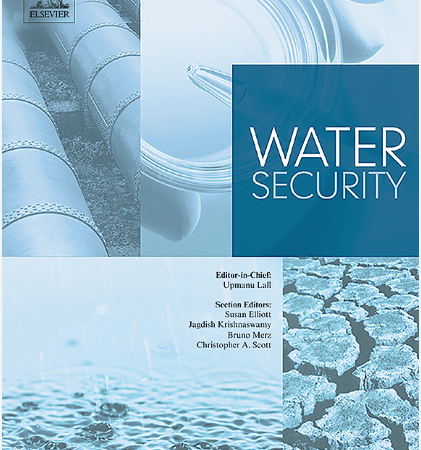
Declining water quality can impact the economy in various ways. Impacts can be found in the health sector, where labor productivity can be affected, in agriculture, where the quality and quantity of food produced can be reduced, and in tourism, real estate, aquaculture/fisheries and other sectors which rely on environmental quality and ecosystem services. Despite these well-known impacts, finding economy-wide effects of water quality on economic activity can be elusive. In this paper we attempt to fill this gap by using new data on economic activity and water quality for 17 countries from 1990 to 2014 and a panel fixed-effect model that accounts for endogeneity between pollution and economic growth through the direction of streamflow. We find that when rivers become very heavily polluted, regions downstream see reductions in economic growth, losing between 1.4 and 2.5 percent of economic growth, depending on development level and the level of pollution. These losses imply that in many places, the costs of environmental degradation are severely under-estimated and pollution is well above efficient levels.
